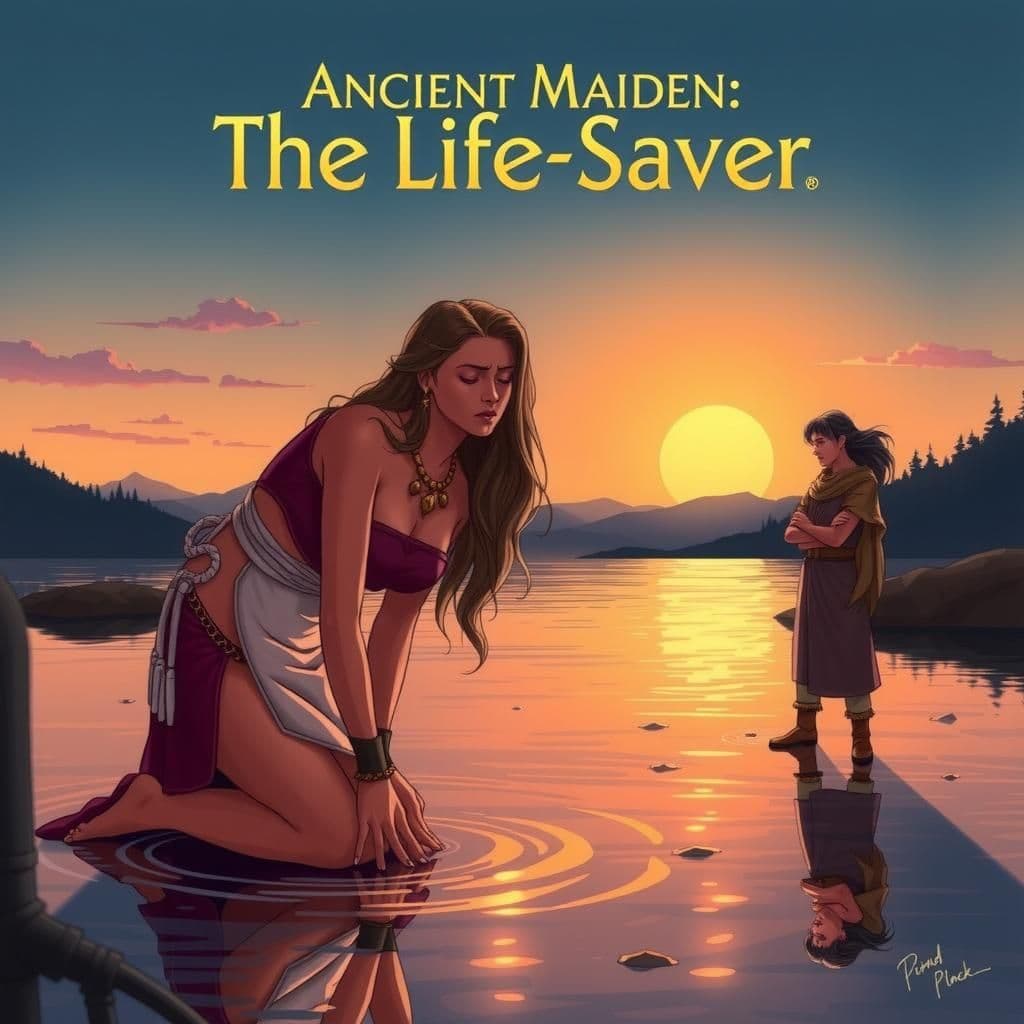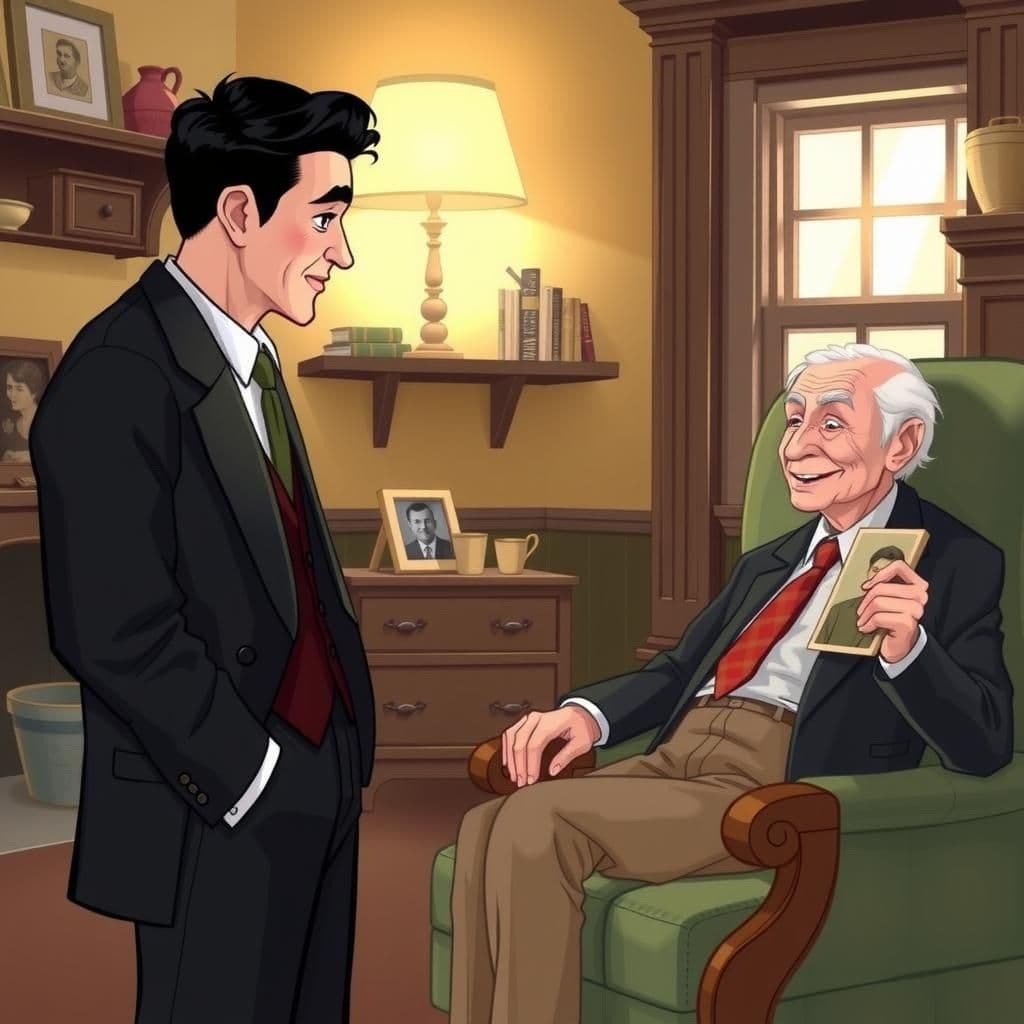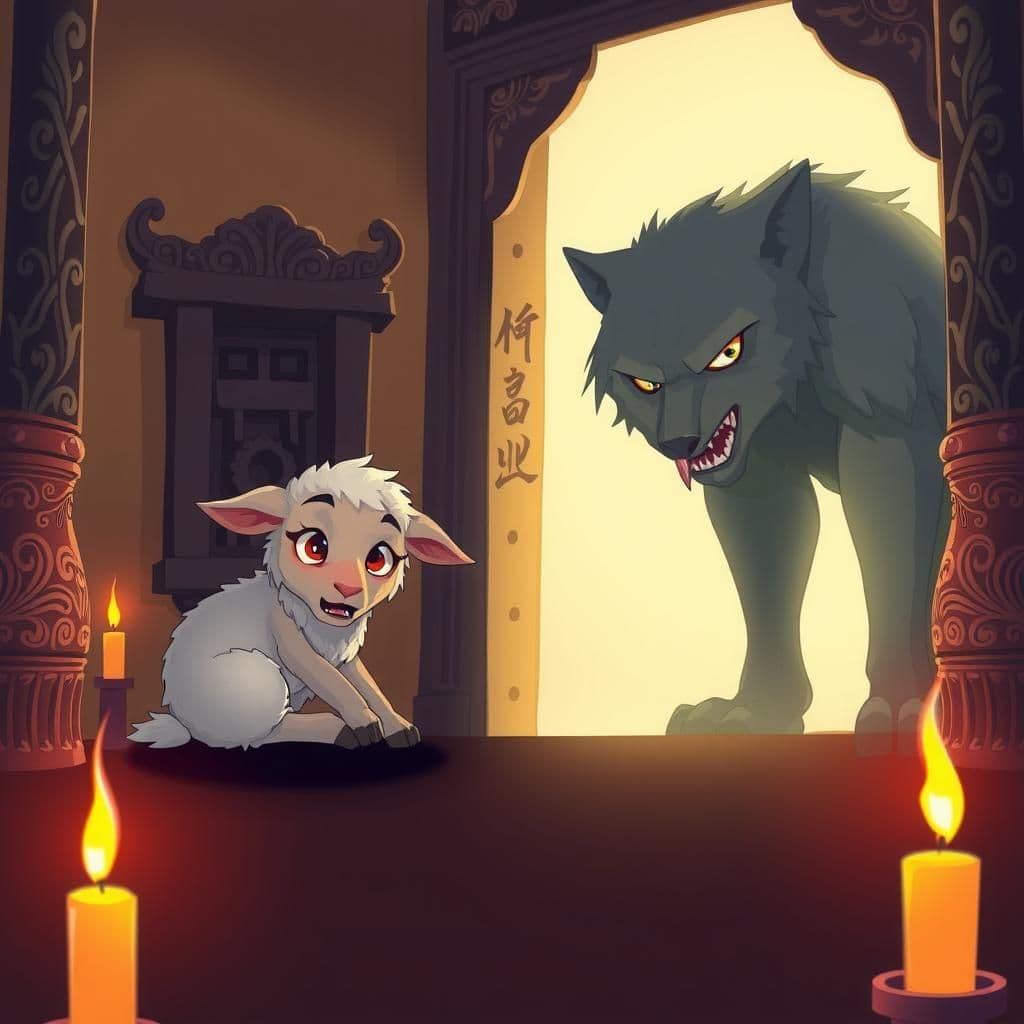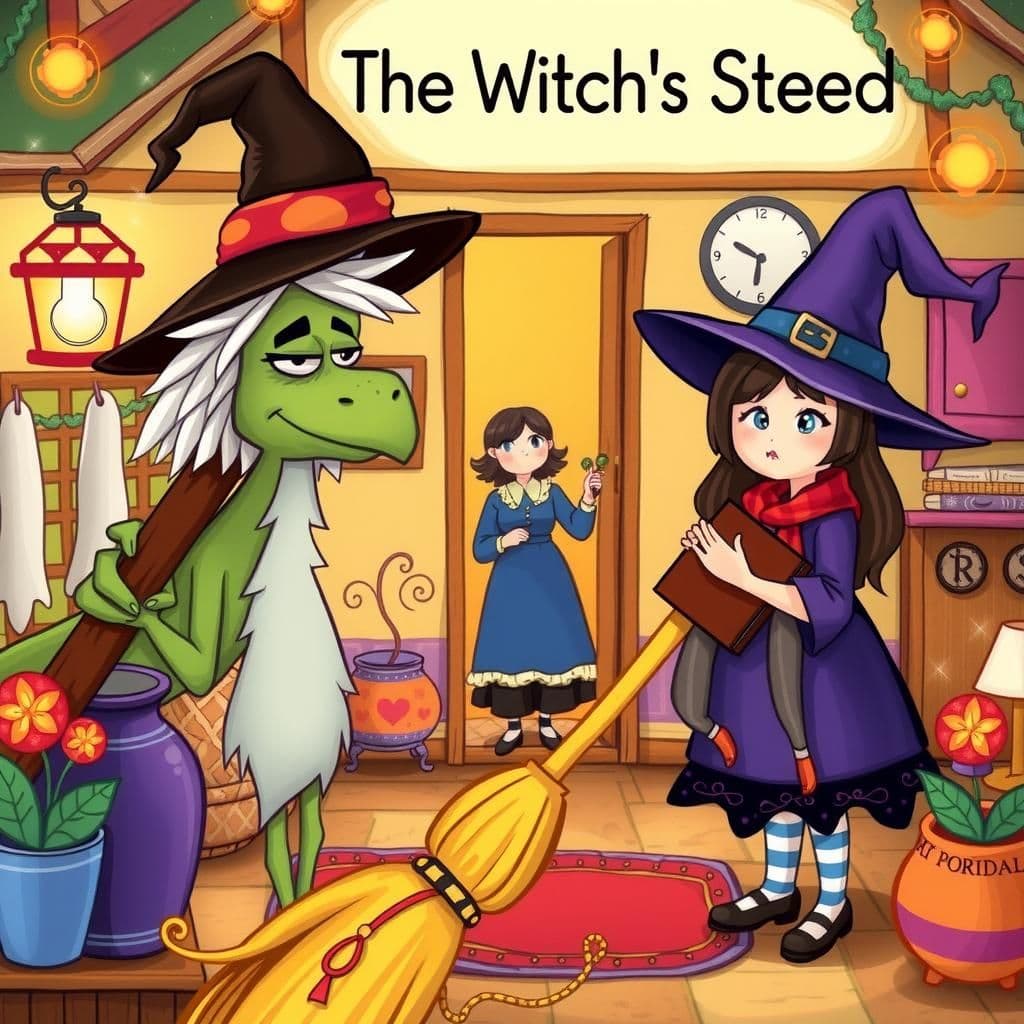The Life-Saver

Story Summary
In "The Life-Saver," a dramatic short tale with moral undertones, an Ancient Maiden rehearses the line, "Noble preserver! The life that you have saved is yours!" before tragically drowning. Meanwhile, the Modern Swain reflects on the irony of her sacrifice, realizing he feels a sense of ownership over the life he did not save. This quick moral story highlights the complexities of heroism and the weight of unfulfilled intentions.
Click to reveal the moral of the story
The moral of the story is that true heroism involves selflessness and sacrifice, rather than seeking recognition or ownership of others' lives.
Historical Context
"The Life Saver" draws upon themes from classic literature and folklore, particularly the archetype of the self-sacrificing maiden, reminiscent of tales like those found in Greek mythology and romantic literature. The story appears to be a modern retelling of the tragic elements often associated with the "damsel in distress" trope, reflecting cultural tensions between selflessness and selfishness in human relationships. The phrase "the life that you have saved is yours" echoes sentiments found in various literary works that explore the complexities of love, sacrifice, and ownership over one's actions.
Our Editors Opinion
The story reflects the modern ethical dilemma of self-interest versus altruism, highlighting how individuals often prioritize personal gain over genuine acts of kindness. For instance, in a workplace scenario, a colleague might take credit for a team project, claiming that their leadership was crucial for success, while neglecting the contributions of others, thus demonstrating how the desire for recognition can overshadow true teamwork and collaboration.
You May Also Like

The Dutiful Son
In "The Dutiful Son," a millionaire unexpectedly visits his father at an almshouse, surprising a neighbor who doubted his commitment. The millionaire feels a moral obligation to visit, believing that if their roles were reversed, his father would do the same, and reveals he also needs his father's signature for a life insurance policy. This story serves as a quick moral story, highlighting themes of duty and familial responsibility, making it a valuable lesson for students.

The Lamb and the Wolf
In the simple short story "The Lamb and the Wolf," a Wolf chases a Lamb that finds refuge in a Temple. When the Wolf warns the Lamb that he would be sacrificed by the Priest, the Lamb wisely replies that being sacrificed is preferable to being eaten by the Wolf. This quick moral story highlights the theme of choosing a less harmful fate over a more dangerous one, making it a meaningful story with moral lessons suitable for class 7.

The Witch's Steed
In "The Witch's Steed," an entertaining moral story, a broomstick serving a witch feels degraded by its role and expresses dissatisfaction. The witch humorously offers to elevate its status by introducing it to a housewife, prompting the broomstick to question the intellectuality of her hands, only for the witch to clarify that she was referring to the intellect of the housewife's husband. This short moral tale highlights the lessons learned from stories about self-worth and perspective.
Related Collections
Other names for this story
Noble Preserver, The Drowning Maiden, Saved by Love, Echoes of Sacrifice, Whispers of the Wharf, The Modern Swain, A Life for a Life, The Edge of Drowning
Did You Know?
The story explores the theme of self-interest versus altruism, as the Ancient Maiden's dramatic sacrifice contrasts sharply with the Modern Swain's self-serving interpretation of heroism, highlighting how the values of bravery and sacrifice can be distorted by personal motives.
Subscribe to Daily Stories
Get a new moral story in your inbox every day.